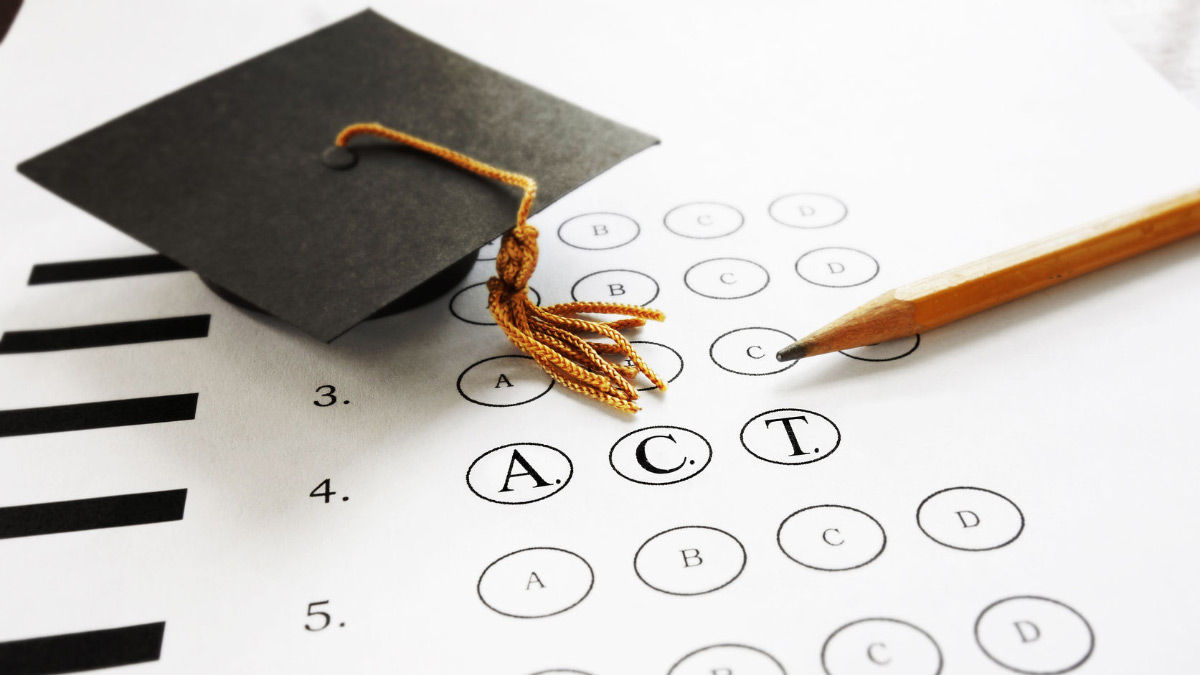Trigger warning: To snowflakes and other sensitive persons of the current generation, this blog may offend you so you may want to skip it.
Universities are fundamentally racist, if by “racist” you mean someone (or some organization) that thinks race is a fundamentally important characteristic in matters governing human behavior. As mentioned in my last blog, the University of Michigan has nearly 100 diversity administrators who closely observe (and perhaps try to manipulate) the racial and related characteristics of members of the university community. The importance of race and other biological characteristics (such as gender) has been highlighted in two news stories last month involving elite schools, Harvard and the University of Chicago.
Harvard is being sued by an organization, Students for Fair Admission, representing Asian-Americans accusing it of discrimination in admissions. According to news reports, an internal unpublished Harvard analysis in 2013 indicated that 43% of admissions would have been Asians if admission had been based strictly on academic considerations alone, things like high school performance and scores on the SAT examination. In fact, only about one-half that proportion of Asians were admitted. The data seem to suggest that Harvard has an Asian quota of about 20% of its students, less than one-half the proportion attending Cal Tech, a school that bases admission almost exclusively on academic criteria. As Asians become an increasing proportion of the American population, the Asian share of Harvard students remains almost unchanged. Harvard says it also looks at extracurricular, athletic and “personal” characteristics and achievement, apparently implicitly concluding that Asians are deficient in these dimensions, especially athletics and “personal” factors. The latter factor is an almost wholly subjective one, where the biases of admissions officers can dominate.
The data suggest that at Harvard, skin coloration is important, and that dark is “good” (unless the individual is of Asian origin, such as from India), while white is, if not “bad,” certainly less desirable. To me, that is racism. The suggestion that on average Asians are highly deficient in personal characteristics relative to others, especially blacks and Latinos but also even whites, is seemingly indefensible on any objective grounds.
To quote the great baseball philosopher Yogi Berra, “It’s déjà vu all over again.” As Jerome Karabel has demonstrated, for decades Harvard had an unpublished Jewish quota, where Jews with superior academic records were denied admission because of alleged vaguely defined deficiencies, such as lack of leadership or character. Indeed, the rise of the SAT test as a requirement was partly an effort to reduce this invidious antisemitism by putting a major emphasis on objective measures of potential academic achievement. (Edward Blum, leading the Harvard lawsuit, is Jewish, and has personally felt the sting of discrimination.)
Meanwhile, the University of Chicago has announced it is no longer requiring SAT scores of applicants, noting explicitly that it wants to increase minority student representation. The SAT is a good predictor of academic success and provides admissions offices with useful information. Chicago wants a more “holistic” approach. Holistic is a code word for “subjective,” where admission officers under the gun to find more students from underrepresented minorities show them preference in admission. While a number of respectable schools have gone test optional, Chicago is the first of the truly prestigious schools to do so, and the expectation of some and fear of others (Asian Americans?) is that others will follow.
To me, the Chicago decision is especially disturbing. Chicago has historically been a university that has been slightly eccentric in a very positive way. Around 1940, it turned its back on big-time athletics when it quit the Big Ten. It championed a great general education program favoring “the great books.” Recently, it has been at the forefront of standing up for unfettered free speech, proclaiming the fine Chicago Principles. Chicago has stood for high academic standards and freewheeling scholarly inquiry. Adopting a currently fashionable watering down of the vetting of potential new students is a step backward, more politically correct than academically wise.
At a time when nationally the evidence is strong that American universities are expensive with declining public support, when many graduates are in some sense “underemployed,” and when students are doing less studying and probably learning than once occurred, this lowering of due diligence standards at the altar of political correctness is truly lamentable.












